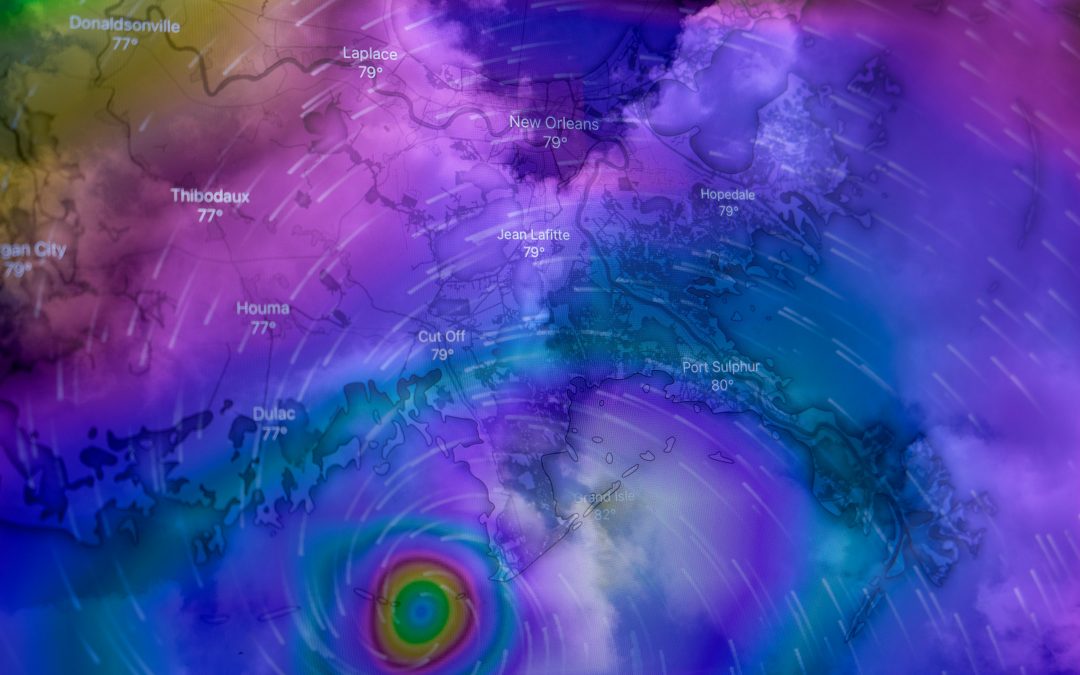Old Mutual Insure welcomes the recent move by the Prudential Authority (PA) of South Africa to allow insurers to develop innovative weather index-based products. “We commend the PA for strengthening our nation’s resilience against climate catastrophes. By doing so, the PA is helping to address the significant issue of the insurance protection gap, helping South Africa manage the challenge of underinsurance,” says Ronald Richman, chief actuary at Old Mutual Insure. While weather index-based products or parametric insurance products have gained prominence globally, in South Africa they have posed regulatory and supervisory challenges as these products do not, strictly speaking, indemnify policyholders against loss. This complicated their classification under the Insurance Act and the ambiguity prompted significant regulatory debate. However, the interim approach by the (PA) will allow insurers to offer weather index-based products. Richman says that this is a step in the right direction for the country, as it will allow insurers to offer innovative solutions to complicated loss events brought on by extreme weather and climate change. “Parametric insurance can significantly improve people’s quality of life as they automatically trigger payouts based on this predefined weather condition, providing a system-driven and cost-effective solution,” says Richman. “This is something that will help drive resilience of low-income households to weather-related catastrophes, especially those in informal settlements, who are often hardest hit by climate disasters.”
He says that with parametric policies, insurers can use geolocation and satellite data to identify flooded areas for example and promptly provide financial relief. “Cover can be cheaper than is the case with traditional insurance products due to the different basis for settling losses”. He explains that traditional insurance is often too expensive and inflexible for effectively managing widespread climate events. “For instance, when a flood devastates a particular region, loss adjusters must travel to the affected areas to assess the damage, an expensive and time-consuming process that ultimately burdens clients with higher premiums. Parametric insurance, however, sidesteps this issue.” He explains that in countries where many people work outdoors in extreme heat, such as India, parametric insurance can mitigate risks by offering coverage during deadly heatwaves. Richman says that given that parametric insurance is emerging as a game-changing solution for managing climate-related risks, combined with the recent news by the PA, Old Mutual Insure is considering its options in line with its commitment to developing products that speak to having a broad societal impact and positively impact the insurance protection gap in the country. This coverage could be an add-on to other products, helping communities recover more quickly and effectively from disasters. According to Swiss Re data, 71% of the South African population remains uninsured by the short-term insurance industry, leaving personal property unprotected against climate damage. It attributes this significant protection gap to disparities in purchasing capacity and willingness to buy insurance. Globally, protection gaps vary, with developed countries showing gaps from 21% in the UK to 56% in Germany, while India has one of the highest at 91%. “A large protection gap hampers economic recovery following disasters, reducing an economy’s resilience. We remain committed to enabling a sustainable insurance industry and increasing societal resilience in the face of climate change,” concludes Richman.
Article by: theinsurancedirectory.co.za Image Via: Unsplash.com

